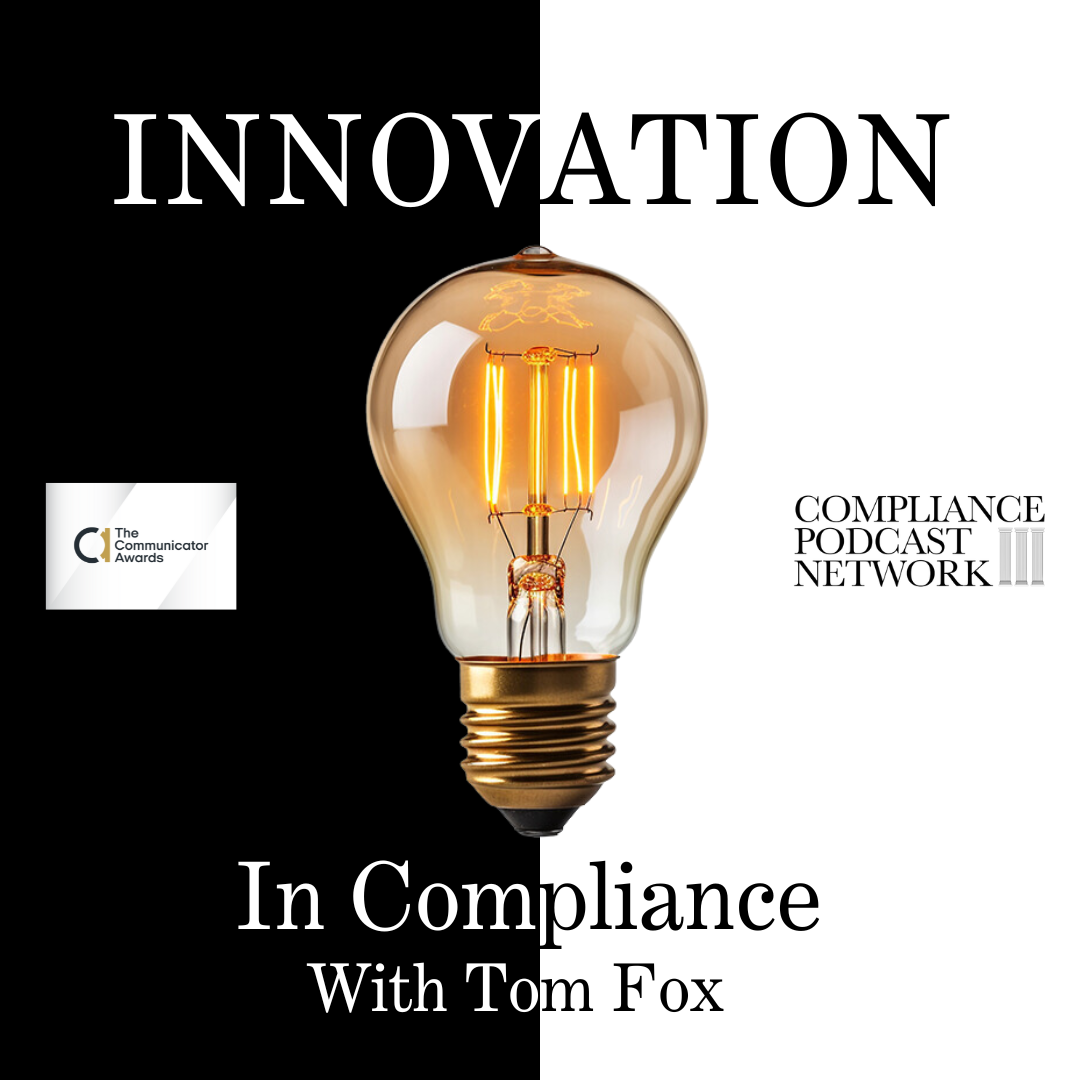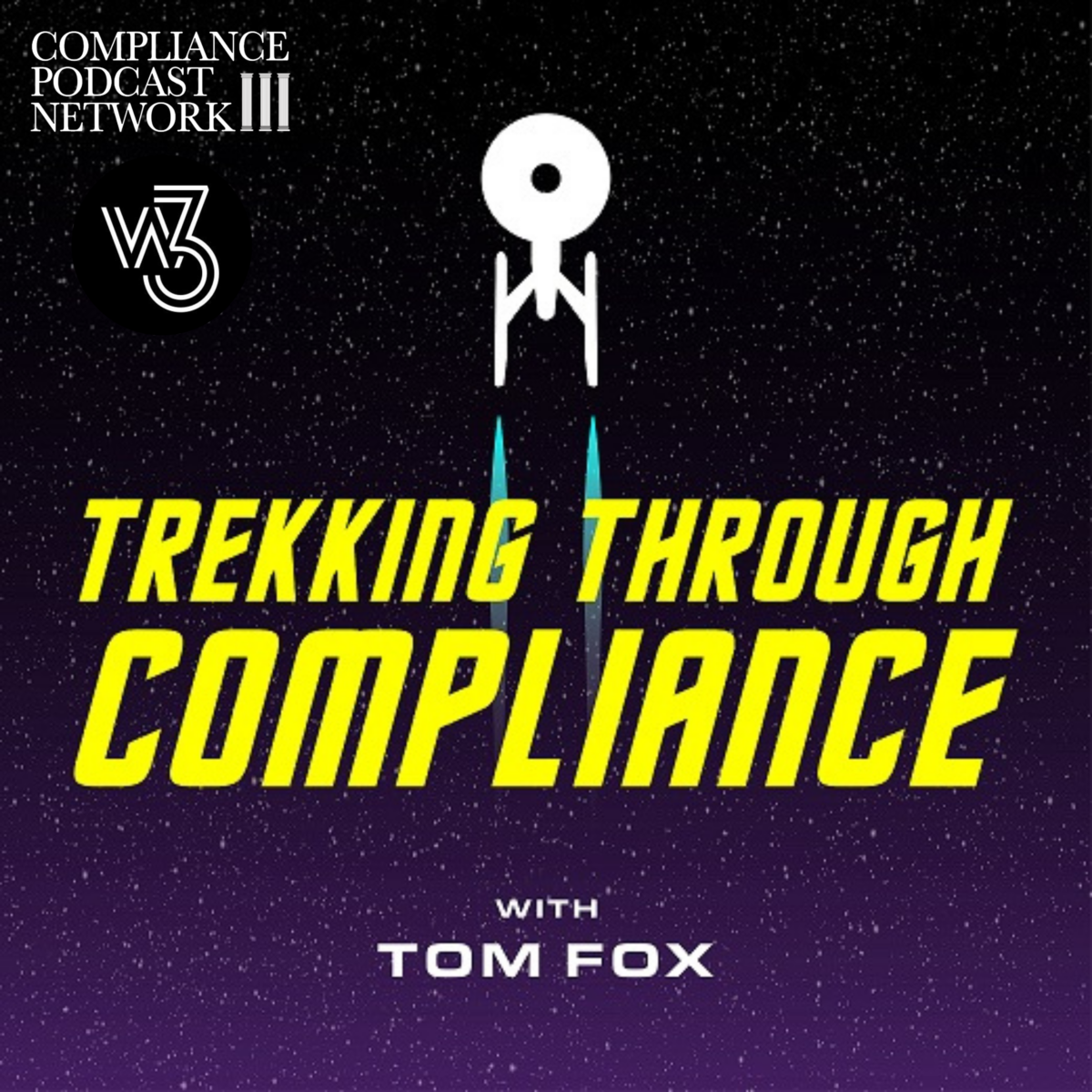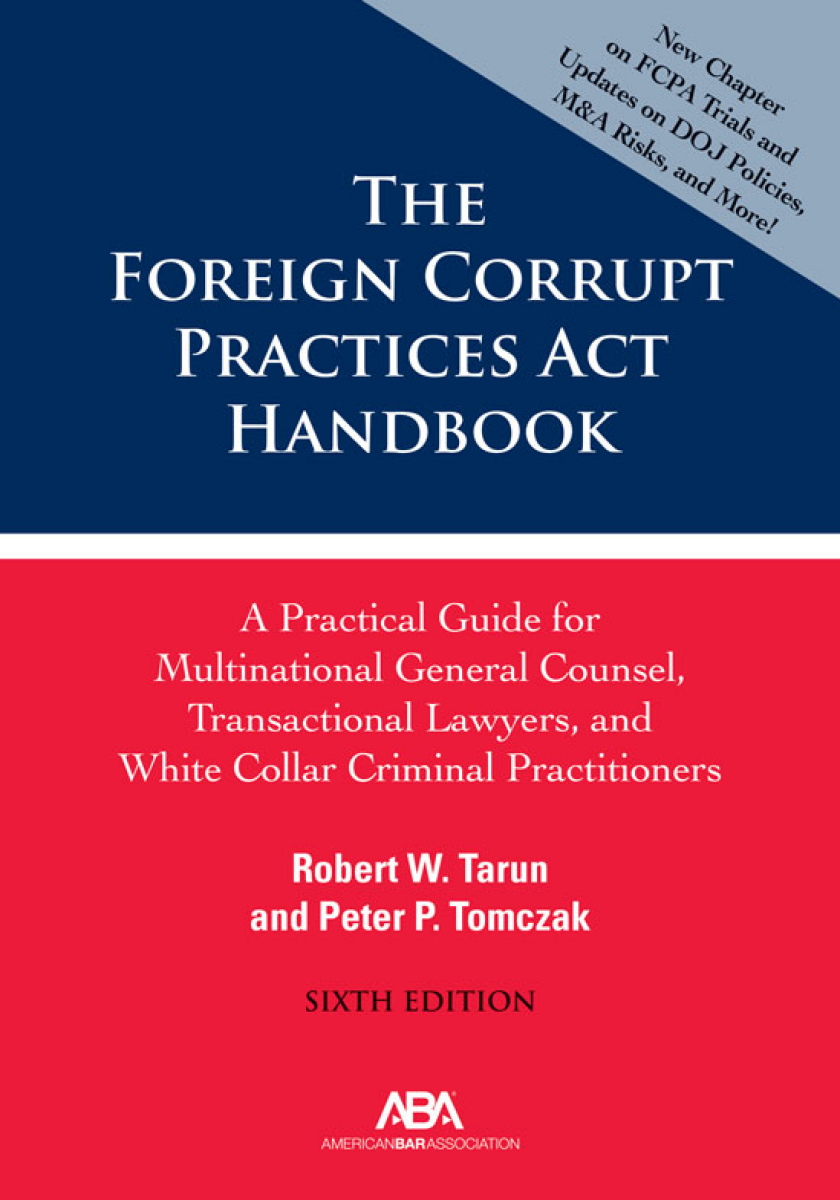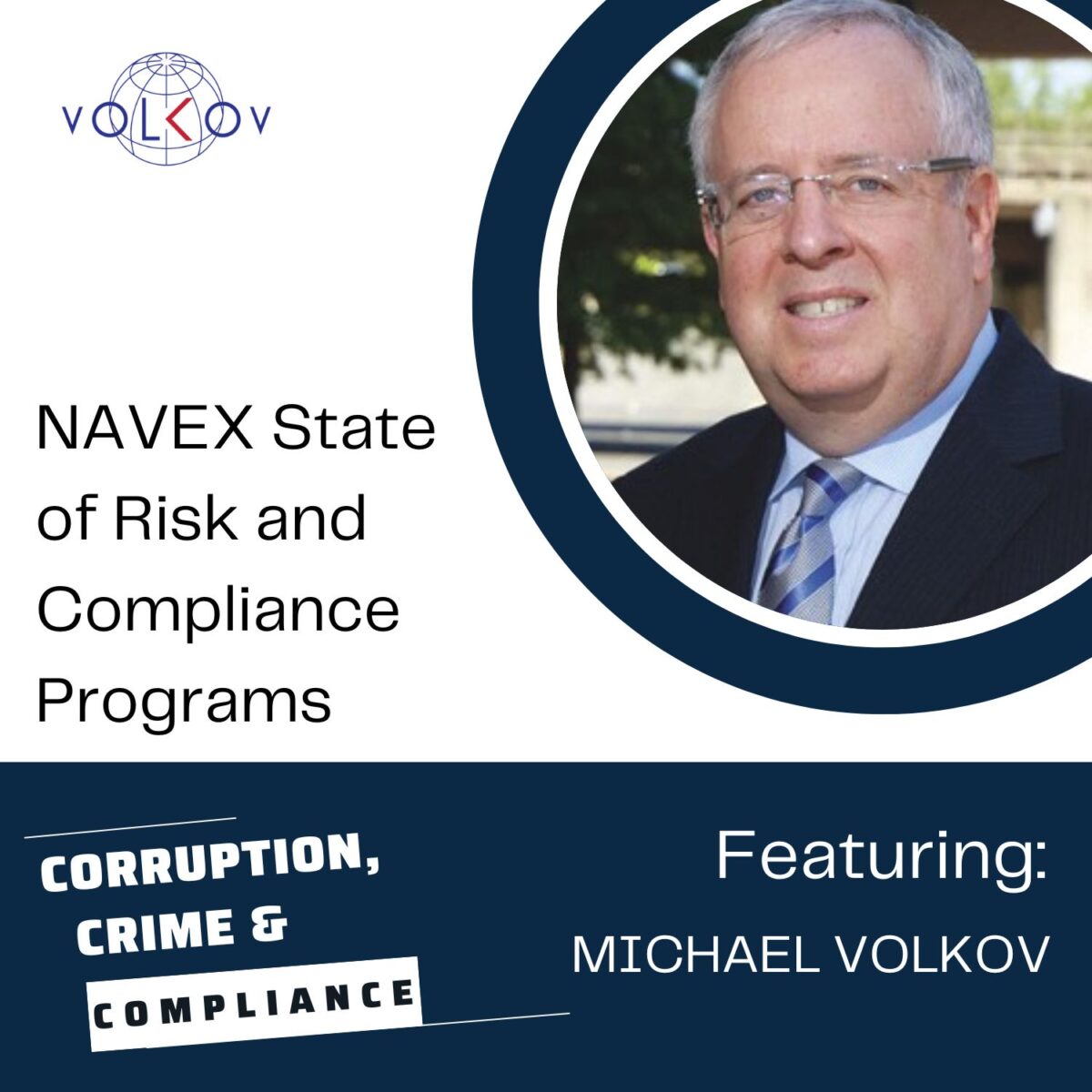I recently spoke with the Foreign Corrupt Practices Act (FCPA) Handbook authors Robert Tarun and Peter Tomczak from Baker McKenzie for a two-part podcast episode. (Part 1 was posted July 22 here, and Part 2 will be posted July 29 here.) The depth of knowledge and experience in white-collar crime, particularly about the Foreign Corrupt Practices Act (FCPA), is unparalleled. We delve into the latest edition of their authoritative book, the FCPA Handbook, and explore key compliance trends, challenges, and strategies in today’s global landscape.
Bob and Peter provided a rich overview of their current professional pursuits in our discussion. Bob Tarun is actively engaged with general counsels and white-collar criminal lawyers and continues to contribute significantly to the American Bar Association’s White Collar Crime Institute. He’s also exploring creative writing, having penned a novel involving white-collar crime and an FCPA case, and is working on a screenplay based on a true story of a lawyer turned federal judge who faces indictment and impeachment.
Peter Tomczak chairs Baker McKenzie’s Global Investigations, Compliance, and Ethics Practice. He conducts cross-border compliance investigations and advises on compliance issues, governance, and M&A transactions. Peter also publishes extensively on corporate compliance and governance topics, making significant contributions to the discourse on anti-corruption and ethical business practices.
The Genesis and Evolution of the FCPA Handbook
The FCPA Handbook is often regarded as the bible for practitioners dealing with the complexities of the Foreign Corrupt Practices Act. Bob explained the motivation behind the book’s initial creation: a combination of intellectual curiosity and a perceived gap in the market for practical, hands-on guidance. They aimed to provide invaluable resources to white-collar criminal lawyers, compliance officers, general counsels, and corporate lawyers navigating FCPA-related challenges.
The latest, sixth edition of the handbook comes after significant updates. Peter highlighted the importance of keeping the book current with evolving laws, new DOJ policies, and practical applications in ephemeral messaging and new technologies. The update also addresses recent trends and notable case law, ensuring practitioners can access the most relevant and helpful information.
Writing Process: A Peek Behind the Curtain
Every great book has a unique writing process behind it. Bob emphasized the importance of organization, starting with a detailed chapter outline to ensure coherence and practicality. Each handbook edition incorporates updates on DOJ policies and guidance, reflecting the most current legal landscape.
Peter shared insights into the collaborative nature of their writing process. Both authors would lead on different chapters, exchanging drafts to ensure a unified voice and comprehensive coverage of topics. Despite the challenges of coordinating such an extensive project, the result is a cohesive and well-organized resource for FCPA practitioners.
Key Strategies for Conducting and Defending FCPA Investigations
Conducting and defending FCPA investigations in 2024 involves navigating complex legal and practical challenges. Bob and Peter provided several key strategies:
- Effective Document Management: Handling vast amounts of data and ensuring compliance with data privacy laws across jurisdictions is crucial. Early preservation and collection of evidence, including ephemeral messaging, is essential for a robust investigation.
- Sophisticated Compliance Programs: The DOJ’s expectations for compliance programs have become more sophisticated. Presentations to the government must demonstrate the underlying crime and prove the company’s proactive compliance measures and readiness to address issues.
- Brady vs. Maryland Motions: Bob stressed the importance of detailed Brady motions to ensure the defense receives all exculpatory evidence. This proactive approach can prevent costly and time-consuming retrials due to discovery violations.
International Anti-Bribery and Corruption Trends
Peter comprehensively overviews key international anti-bribery and corruption (ABC) trends. He highlighted the importance of understanding the level of business activity, interaction with governments and state-owned enterprises, the corruption environment, and international cooperation in enforcement efforts.
China remains a focal point for FCPA enforcement. Still, other regions, such as Southeast Asia, the Middle East, and Mexico, are also emerging as critical areas for compliance professionals to monitor. These regions present opportunities and compliance challenges as global supply chains and capital flows shift.
The Future of FCPA Enforcement
Toward the mid-century, Bob and Peter agreed that FCPA enforcement would remain a cornerstone of promoting free and fair markets. Despite significant fines and enhanced compliance efforts, cases involving major corporations like SAP, Ericsson, Glencore, and Goldman Sachs indicate that corruption remains a persistent issue.
Peter emphasized the evolving nature of anti-corruption enforcement as a hallmark of Western democracy. He suggested that future enforcement may increasingly target the demand side of global bribery, addressing both the supply and demand aspects of corruption.
Our conversation with Bob and Peter underscores the importance of staying abreast of FCPA enforcement’s latest trends, policies, and strategies. Their handbook serves as a vital resource for compliance professionals, offering practical guidance and insights into the complex world of anti-corruption compliance.
The sixth edition is available through the American Bar Association for those interested in delving deeper into the FCPA Handbook. Bob and Peter can also be reached through their contacts for further inquiries and professional guidance.












